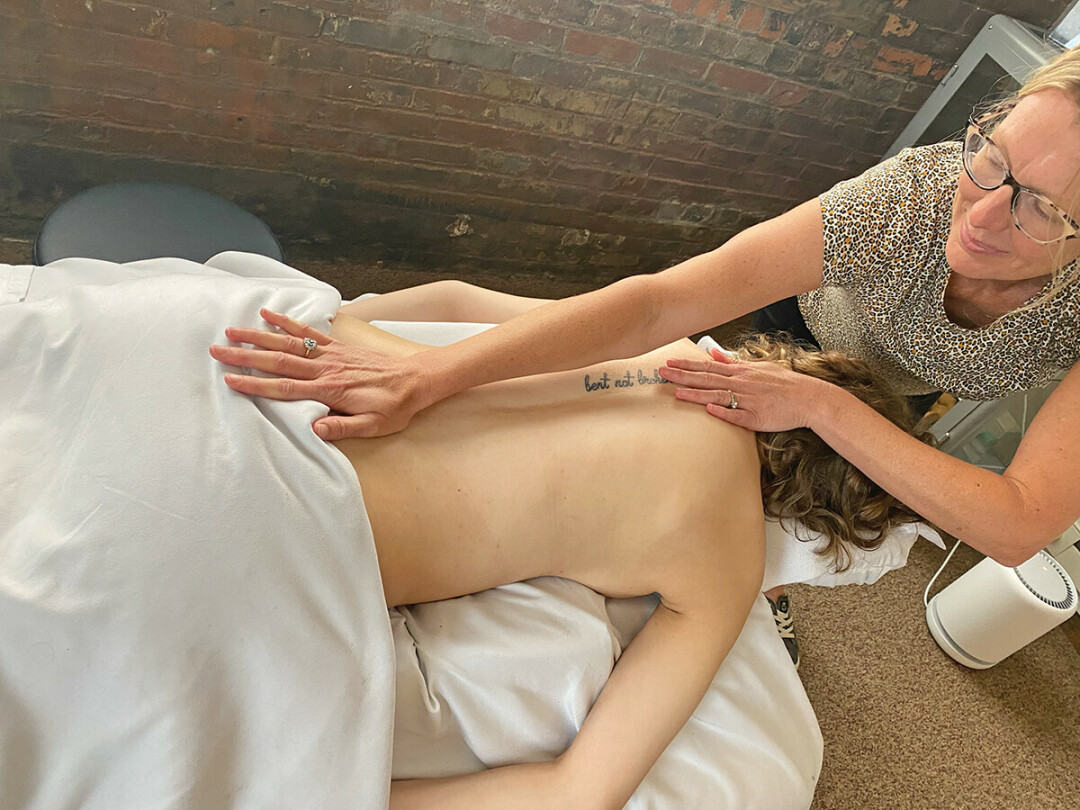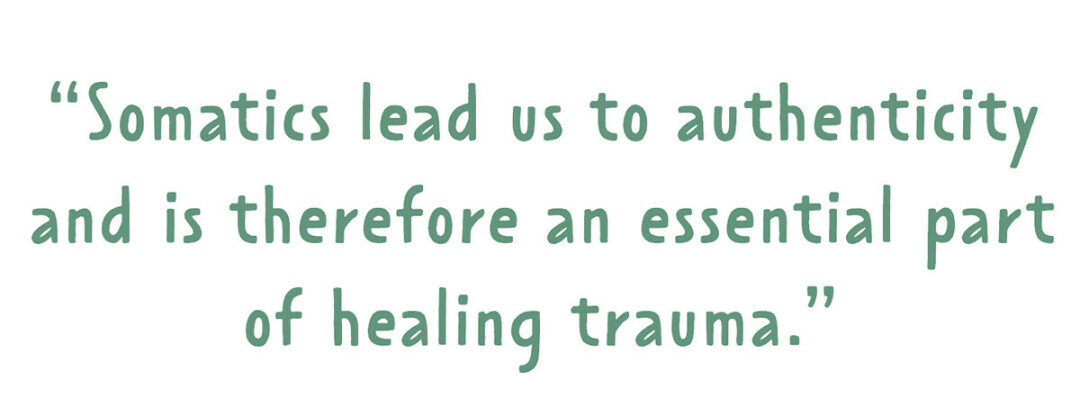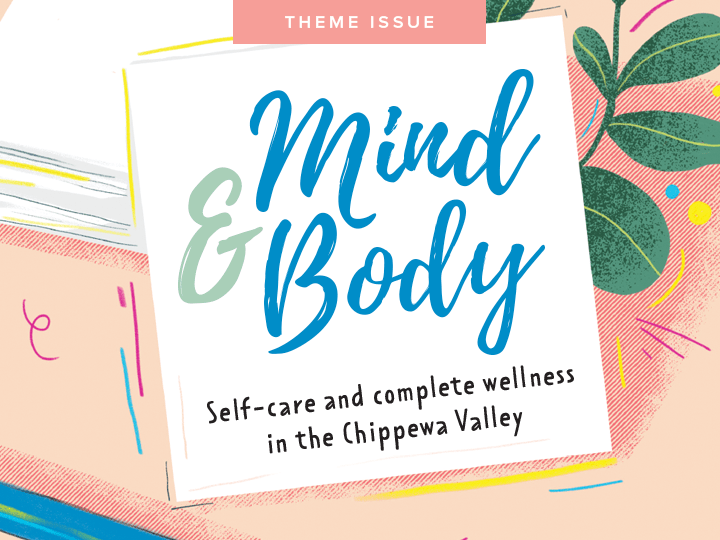Somatics: What to Know About This New Buzzword
You may have heard of ‘somatics,’ but what really is it and how can you use it?

Amid information overload, rising anxiety, and divisiveness, you may begin to hear the term “Somatics” as the new panacea or answer to our woes, especially the ones inside us. Somatics is simply recognizing that we have a body, or even more accurately, our body is an integral part of who we are when we say “I.” Sounds too simple, right? Like, duh.
In the film, The Wisdom of Trauma, Dr. Gabor Mate defines authenticity as being the connection we have to our gut feelings. It’s noticing the sensations within us and not automatically disregarding or numbing them. Somatics lead us to authenticity and is therefore an essential part of healing trauma.
When we feel embodied (another term you might start to hear more of) our frame of reference is inside us; we have an inner compass that is always available when bringing it to fruition. This compass is our interoceptive sense, that is, our gut sense. It is the flip-flop in our belly that informs us that we are not telling the truth or that we are compromising ourselves in some way. It is the feeling of our heart being in something, or not. It is the instinct we have about what is right for us.

We can override this signal and, in fact, most of us do this too much. There are different strategies we use to cope with the traumas of life and while these work in the short term, the long-term cost is a disconnection from our inner compass – the constant subtle signal of the sensations in our body.
We don’t follow all our thoughts around because they can take us almost anywhere; places we want to go, places we are afraid of, patterns from the past, delusions and fantasies – the list goes on. But obviously, this doesn’t mean that thoughts are bad or that we don’t use the powers of reason, insight, and self-reflection. In fact, using these faculties consciously is essential on the path to embodiment and wholeness. But at the same time, we are not a “brain in a jar” – our thoughts are a neurally complex product of the entire felt experience of our sensitive, sensory body.

It seems a little vague to talk about our gut sense but only because we often undervalue the importance of our body as being the thing our brain uses to move around with. But if you look into the past few decades of neurobiology, trauma, and mental health research we discover that one of the afflictions of our society is precisely this disconnection between mind and body. The story is centuries old really, but the last few years have begun to integrate with a new understanding the beautiful and complex interplay between the head and the heart, and the gut and the brain.
And it’s all just talk if we don’t ground it in our own experience. We can’t fake coming to terms with something. Even if I fool others, my gut and heart will always know the truth. Begin with the breath and continue the process of connecting to your gut sense, to the sensations and felt experience of your body with Somatic work.
At Tuning Tree, these ideas form the foundation of our work, whether that be Perinatal Physical Therapy and pelvic floor work, or with our monthly massage therapy memberships.
And anytime you are in information overload (or any other overload for that matter) take a deep breath, check into your gut and your heart, and go from there.
Anthony McMorran, LMT, RYT, is a partner and therapist at Tuning Tree Healing Services in Eau Claire.
TUNING TREE
Phone: (715) 514-3700
Address: 515 S. Barstow St., Suite 117, Eau Claire
Email: tuningtree@gmail.com
Online: tuningtree.com



